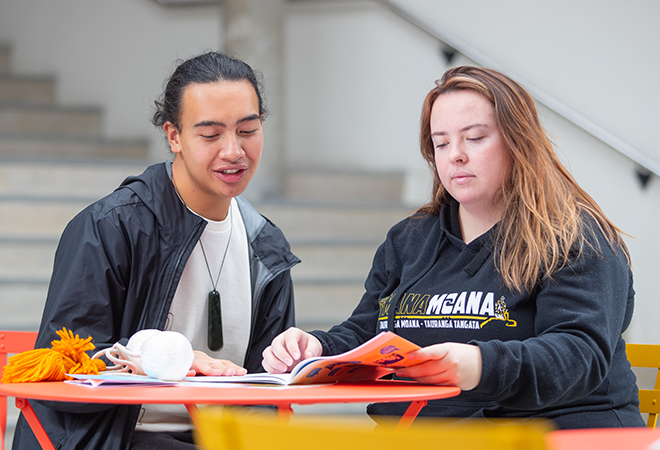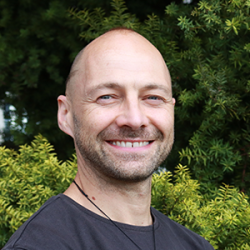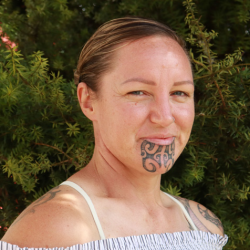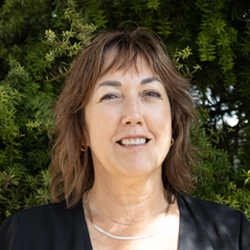
Can a focus on ākonga Māori learning experiences positively impact on the learning experiences for all ākonga
Status
Key research question
If you focus on ākonga Māori in this way does this impact on the learning experiences and outcomes of ākonga Māori?
How does it impact the learning experiences and outcomes of all ākonga?
Aims
The project aimed to:
- Provide evidence enabling tertiary organisations to evaluate the benefits of adopting a priority focus to the learning experiences and outcomes of ākonga Māori and marginalised ākonga.
- Engage Tertiary Education providers in approaches that focus on ākonga Māori and marginalised ākonga in a way that moves towards ōritetanga to the benefit of all ākonga.
Methodology
This action research is about the implementation of Te Atakura, a culturally responsive relationships-based approach, guided by kaupapa Māori values. It is a practical inquiry model based on research into relationships-based learning and the work of Te Kotahitanga that was designed and implemented by Professor Russel Bishop and his colleagues at the University of Waikato and was funded by the New Zealand Ministry of Education.
Team

Tim Seaholme
Lead Researcher
UCOL Te Pūkenga
Janell Kiriona
Research co-lead
UCOL | Te Pūkenga
Erin Lincoln
UCOL | Te PūkengaStatus
Funding
$93,600.00 (excl GST)
Key Findings
Te Atakura is a culturally responsive relationships-based approach, guided by kaupapa Māori values, towards achieving ōritetanga within Tertiary Education in New Zealand. It focuses on the educational experience of ākonga Māori in a way that enables the organisation to better support the educational experience and outcomes for all ākonga. It helps provide safe and culturally appropriate relationships-based learning experiences for ākonga Māori and those marginalised so all have the opportunity to thrive in tertiary education.
Te Atakura has become embedded and sustained within UCOL, transforming attitudes and practices among educators. The voices of ākonga Māori and educators, alongside outcome data, demonstrate positive impacts: shifts in teacher and leader attitudes, changes in teaching and leadership practices, and increased course completions for both ākonga Māori and non-Māori students. Te Atakura is implemented by a team whose positionality acknowledges the unique potential of Tangata Whenua and Tangata Tiriti relationships, intending to reflect te Tiriti o Waitangi in how it operates within a kāwanatanga sphere.
This study shows that prioritising Indigenous learning experiences can significantly improve outcomes for all ākonga, challenging the notion that such a focus is unfair. Over a decade later, Te Atakura continues to expand, with other tertiary institutions in New Zealand expressing interest. This research provides compelling evidence to support prioritising ākonga Māori in educational practices, demonstrating that by embracing this approach, educational institutions can drive meaningful educational reform and achieve more equitable learning experiences and outcomes.
Key Recommendations
The systematic embedding of Te Atakura (an evidence-based culturally responsive relationships based model) enables:
- Shift in attitudes and beliefs of what attributes to Māori achievement.
- Teachers/leaders seeing themselves as agents for change.
- Positive shift in teacher understanding and practice.
- Reduction in ‘deficit thinking’ and a shift to searching for strategies and solutions.
- Positive shift in ākonga Māori voice on their learning experiences and outcomes.
- Increased course completions (Māori and non-Māori).
- Higher sustained rates of change in course completions for all ākonga.
- An approach for all kaimahi to use knowledge building and inquiry cycles as a method to continue working for ōritetanga.
Te Atakura is a culturally responsive relationships-based approach, guided by kaupapa Māori values, towards achieving ōritetanga within Tertiary Education in New Zealand. This report contains observation data from kaiako progressing on their Te Atakura journey.
- 10 December 2025
Te Atakura is a culturally responsive relationships-based approach, guided by kaupapa Māori values, towards achieving ōritetanga within Tertiary Education in New Zealand. This is a summary of a conference presentation abstract.
- 10 December 2025
Te Atakura is a culturally responsive relationships-based approach, guided by kaupapa Māori values, towards achieving ōritetanga within Tertiary Education in New Zealand. This is the Programme Resource Book.
- 10 December 2025
Te Atakura is a culturally responsive relationships-based approach, guided by kaupapa Māori values, towards achieving ōritetanga within Tertiary Education in New Zealand. This is a set of conference presentation slides from the Te Atakura Team.
- 10 December 2025
Te Atakura is a culturally responsive relationships-based approach, guided by kaupapa Māori values, towards achieving ōritetanga within Tertiary Education in New Zealand. This is a set of conference presentation slides from the Te Atakura Team.
- 10 December 2025